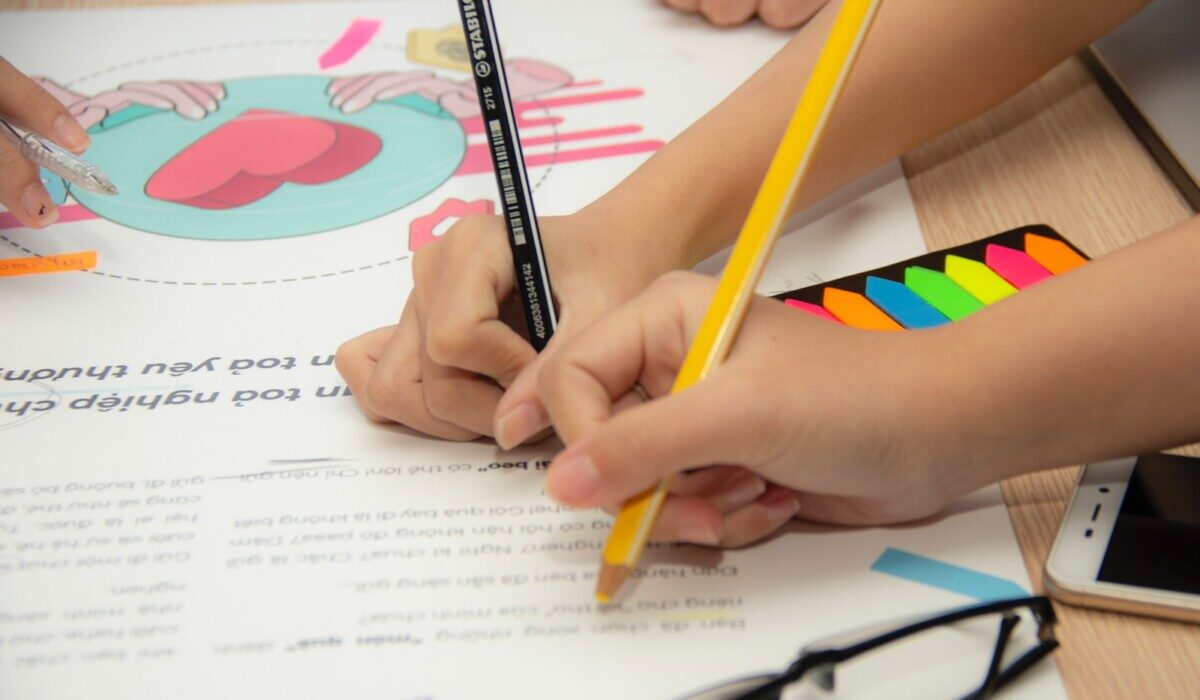Theme: New Scots: Refugee Integration in Scotland – Future Prospects
Abstract
In 2024 the third iteration of the new Scots Refugee Integration Strategy will be published by the Scottish Government, Scottish Refugee Council and COSLA – Convention of Local Authorities. This is a strategy which is now over 10 years old and Scotland was one of the first countries to have an intercultural, multidirectional approach to integration. This approach is rooted in research and also in a human rights framework and is currently going through the process of community engagement. In this talk Alison Phipps will present research which underpins the policy engagements and development and reflect critically on dimensions of integration in a context where the UK and Scottish Governments diverge and where differential approaches to refugee integration are present across nationalities, timelines and legal contexts.
Speaker
Professor Alison Phipps holds the UNESCO Chair in Refugee Integration through Languages and the Arts at the University of Glasgow where she is also Professor of Languages and Intercultural Studies. She is based in School of Education at the University of Glasgow where she uses creative, decolonising and restorative methods to teach widely in refugee studies, critical multilingual studies, religious and spiritual education, anthropology and intercultural education and education for non-violence. She was Co-Convener of Glasgow Refugee, Asylum and Migration Network (GRAMNET) from 2009 -2019.
In 2019 she was appointed DeCarle Distinguished Visiting Lecturer at Otago University /te Whare Wānanga o Otāgo. In 2017 she was appointed Adjunct Professor of Hospitality and Tourism at Auckland University of Technology /Te Wānanga Aronui o Tāmaki Makau Rau. In 2016 she was appointed ‘Thinker in Residence’ at the EU Hawke Centre at University of South Australia. She was the Inaugural Distinguished Visiting Professor at the University of Waikato /te Whare Wananga o Waikato Aotearoa New Zealand in 2013, and in 2014 Adjunct Professor of Tourism and hospitality.
In 2011 she was voted ‘Best College Teacher’ by the student body and received the Universities ‘Teaching Excellence Award’ for a Career Distinguished by Excellence. In 2012 she received an OBE for Services to Education and Intercultural and Interreligious Relations in the Queen’s Birthday Honours. In 2023 she recevied a D.Litt (honoris causa) from the University of Edinburgh in recognition of “inspirational and extraordinary research and work with refugees and multilingual and multicultural communities.”
She is an elected Fellow of the Royal Society of Edinburgh, Fellow of the Royal Society of Arts, and Fellow of the Academy of Social Scences.
Alison chairs the New Scots Core Group for Refugee Integration in partnerhsip with Scottish Government, COSLA and Scottish Refugee Council; She Co-chaired the The AHRC Global Challenge Research Fund Advisory Board and she is an Ambassador for the Scottish Refugee Council. She has served on the boards of the University of London in Paris, and The Royal Society of Edinburgh’s International Committee.
She is author of numerous academic books and articles and a regular international keynote speaker and broadcaster. Her latest short monograph is Decolonising Multilingualism: Struggles to Decreate with Multilingual Matters. She make regular broadcast media appearances and has a regular column in the national Scottish broadsheet press. Her first collection of poetry, Through Wood was published in 2009, with a further collection – The The Warriors who do not Fight in 2018, with co-author Tawona Sitholé.
She has published widely in the arts, humanities and social sciences, most notably in the field of language studies, theatre, performance studies, creative methods and ethics, refugee studies, tourism and hospitality, intercultural studies and European anthropology as well as in the field of higher education studies. She co-edits the book series Tourism and Cultural Change and the book series Languages, Intercultural Communication and Education and is on the editorial board of both Language and Intercultural Communication, Critical Multilingualism Studies, and Hospitality and Society.


